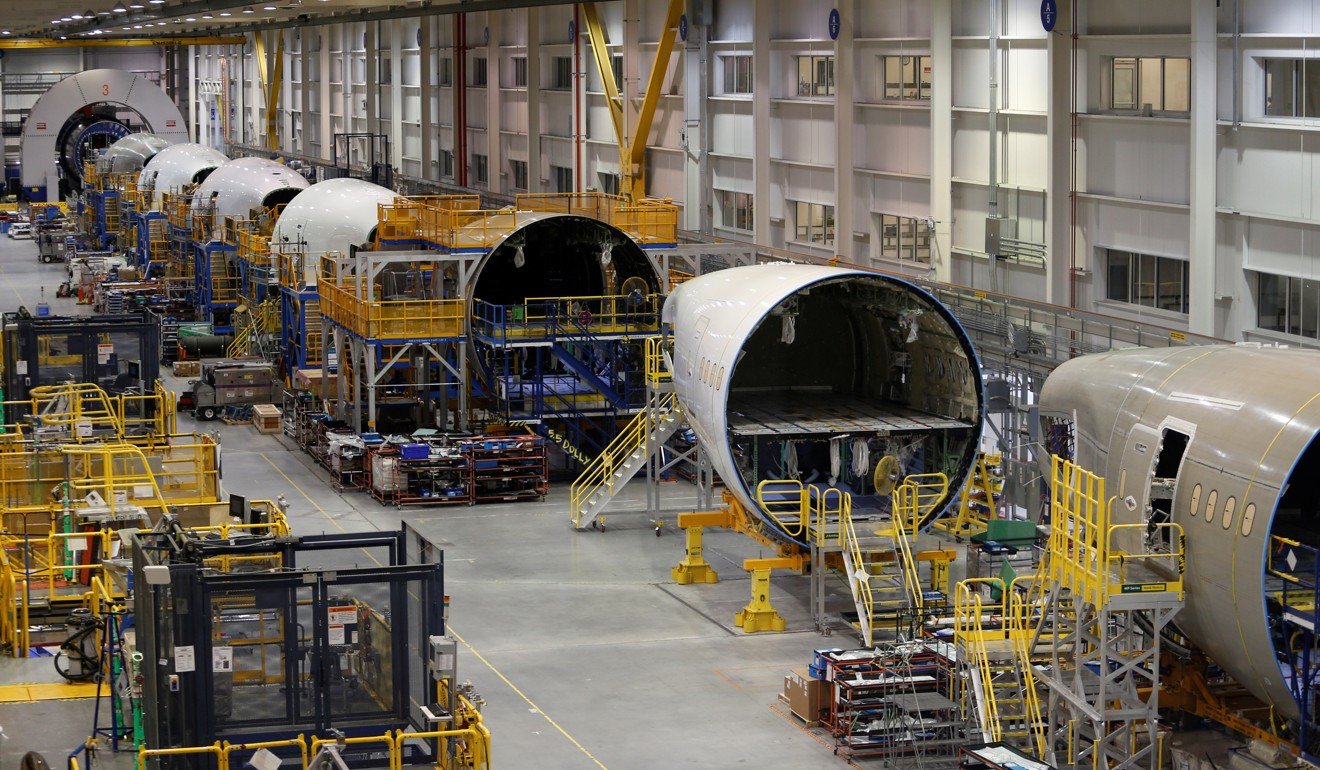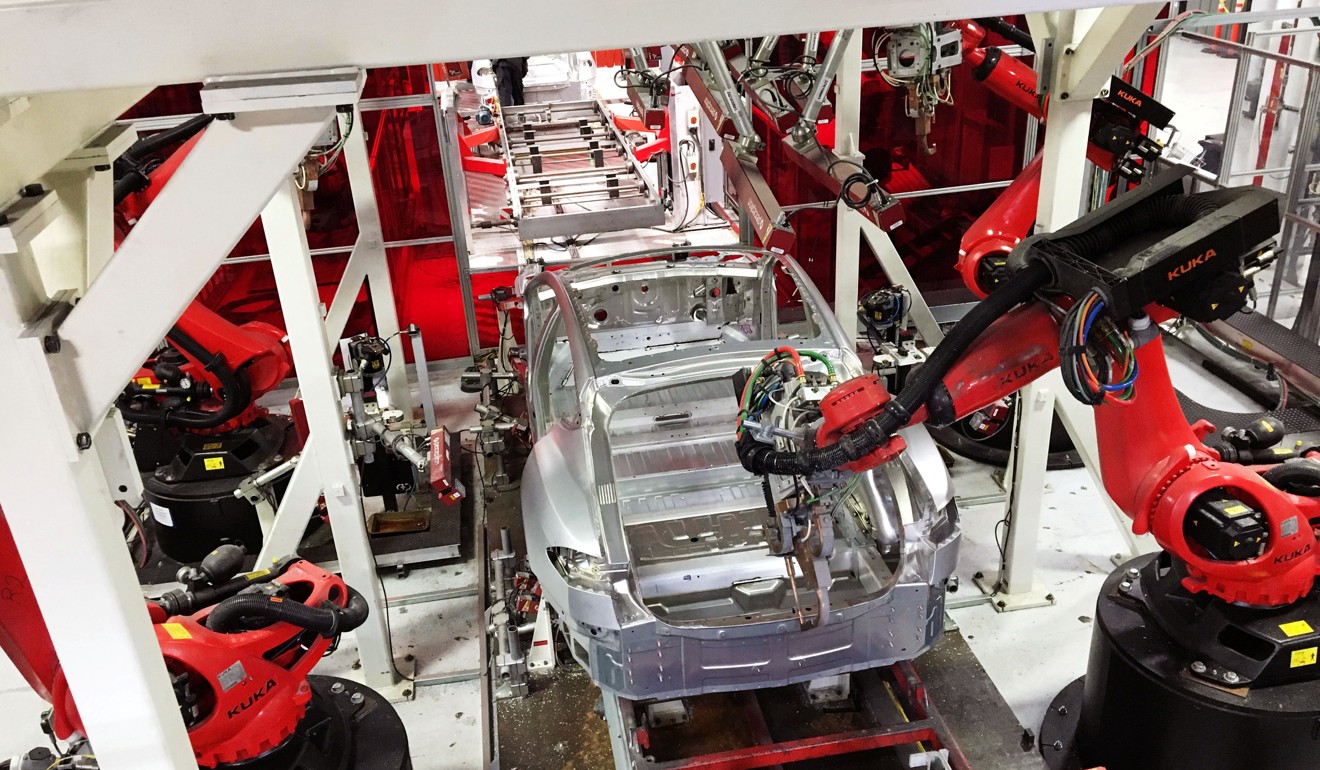
Trump’s tariffs are already hurting US factories as prices for raw material skyrocket
Here’s one way to assess US President Donald Trump’s tariffs on imported steel and aluminium: America’s factories already aren’t feeling so great.
The tariff announcement helped send a measure of raw-material prices paid to an almost seven-year high in March, the Institute for Supply Management’s manufacturing survey showed Monday.
That led in turn to panic buying, pushing prices higher still, with some suppliers completely selling out, according to some of the survey’s contributors.
About 32 per cent of the respondents’ comments related to the threat of duties, ranging from the potential for higher costs to concern about limited availability around production schedules, according to Timothy Fiore, chairman of the group’s factory survey committee.
The tariffs hadn’t yet gone into effect when the comments were collected, he added.

Steel and aluminium are raw materials used across the industry, and businesses began stocking up in response to the tariff announcement, Fiore said on a conference call with reporters.
Some companies were told that price quotes for steel would be valid for just 24 hours, while others found that the material was gone or were quoted a higher price when they called back a day or two later, he said.
The reactions contributed to further driving up prices that had already been rising due to solid demand. “The reason the price index went up this month was primarily because of the tariffs,” Fiore said.
China hits back at Trump with retaliatory tariffs on 128 US imports …
China hits back at Trump with retaliatory tariffs on 128 US imports …
Businesses taking part in the survey had similar sentiments.
One respondent in the machinery sector cited “much concern in the industry” regarding the steel and aluminium tariffs.
“This is causing panic buying, driving the near-term prices higher,” and leading to inventory shortages for non-contract customers, according to the unidentified business’s comment cited in the ISM report.
Another respondent in primary metals said price increases will start affecting the company’s performance.

At the same time, the price impact from the tariffs hasn’t set back manufacturing in a big way yet. The ISM’s main index showed factories expanded at a robust yet slightly slower pace in March.
The report signals that “underlying economic activity continues to build momentum,” according to Bloomberg Economics.
China could hurt Trump in trade war – but it’s holding back big guns
The ISM’s report also showed that its manufacturing index slipped to 59.3 last month from February’s reading of 60.8, which had been the highest since 2004. Any score above 50 signals growth.
The categories of new orders, production and employment each fell in March for manufacturers, even though the underlying numbers remained positive. A lack of raw materials was blamed by some.
This report contains additional material from Associated Press.

